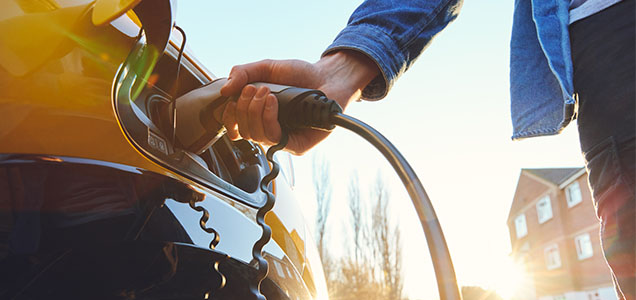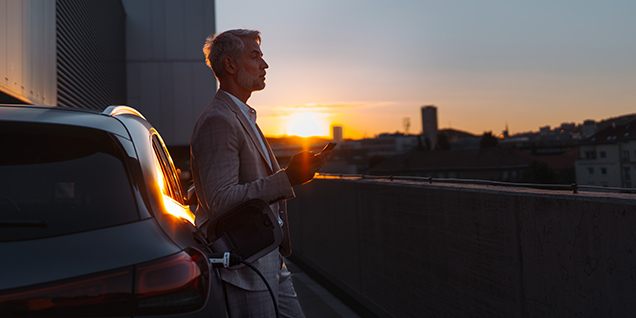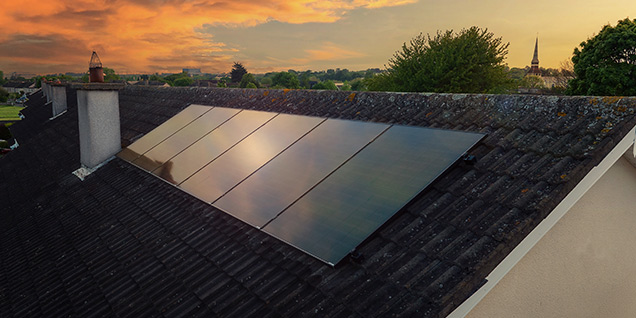Home Electric+ Night Boost
An ideal plan for EV drivers, with cheaper night rates compared to day rates.
Sign Up TodayAn ideal plan for EV drivers, with cheaper night rates compared to day rates.
Sign Up Today
It’s cheaper to charge your EV at home and it’s important for you to shop around to find the best electricity plan that suits both your needs and lifestyle. More and more people, especially EV drivers, are looking for a plan that offers them cheaper ‘off peak’ charging rates.

If you’re an EV driver with a smart meter installed in your home, we recommend Home Electric+ Nightboost as an ideal plan for you. Charge your EV for half the price at night time Vs the daytime rate and take advantage of the super low boost period between 2-4am.
Find Out More
| Rate | Hours | Rate (per kWh) |
|---|---|---|
| Day | 08:00 - 23:00 | 30.53c |
| Night | 23:00 - 08:00 | 15.05c |
| Night Boost | 02:00 - 04:00 | 8.84c |
Getting into good EV charging habits is recommended, like plugging in when you get home. But don’t worry, charging won’t begin until the time you’ve scheduled. By charging each night at the super boost times (from 2-4am), you can add roughly 82km of range to your EV for just under €2.
This method is the most economical charging behaviour and can deliver a cost per km of 2.5c, in comparison to 9.5c for an equivalent diesel car. (Calculations based on VW ID4 with average efficiency of 18kWh/100km)

Home Electric + Night Boost is not just ideal for EVs, it works great with Solar PV panels and Solar Batteries too. Enjoy low-cost electricity at night and produce your own free electricity during the day. If you have, or are looking to install a Solar Battery, you can charge this battery at an ultra-low cost from 2-4am for use during the day (perfect for the darker Winter months). And through the Micro Generation scheme, we pay you 19.5c per kWh for any excess solar power that you export back to the grid, this will show as a credit on your electricity bill.
Find out more
If you don’t yet have a smart meter yet you can avail of great rates on our day and night meters night plans, like Electricity NightSaver & Gas.
Find Out More